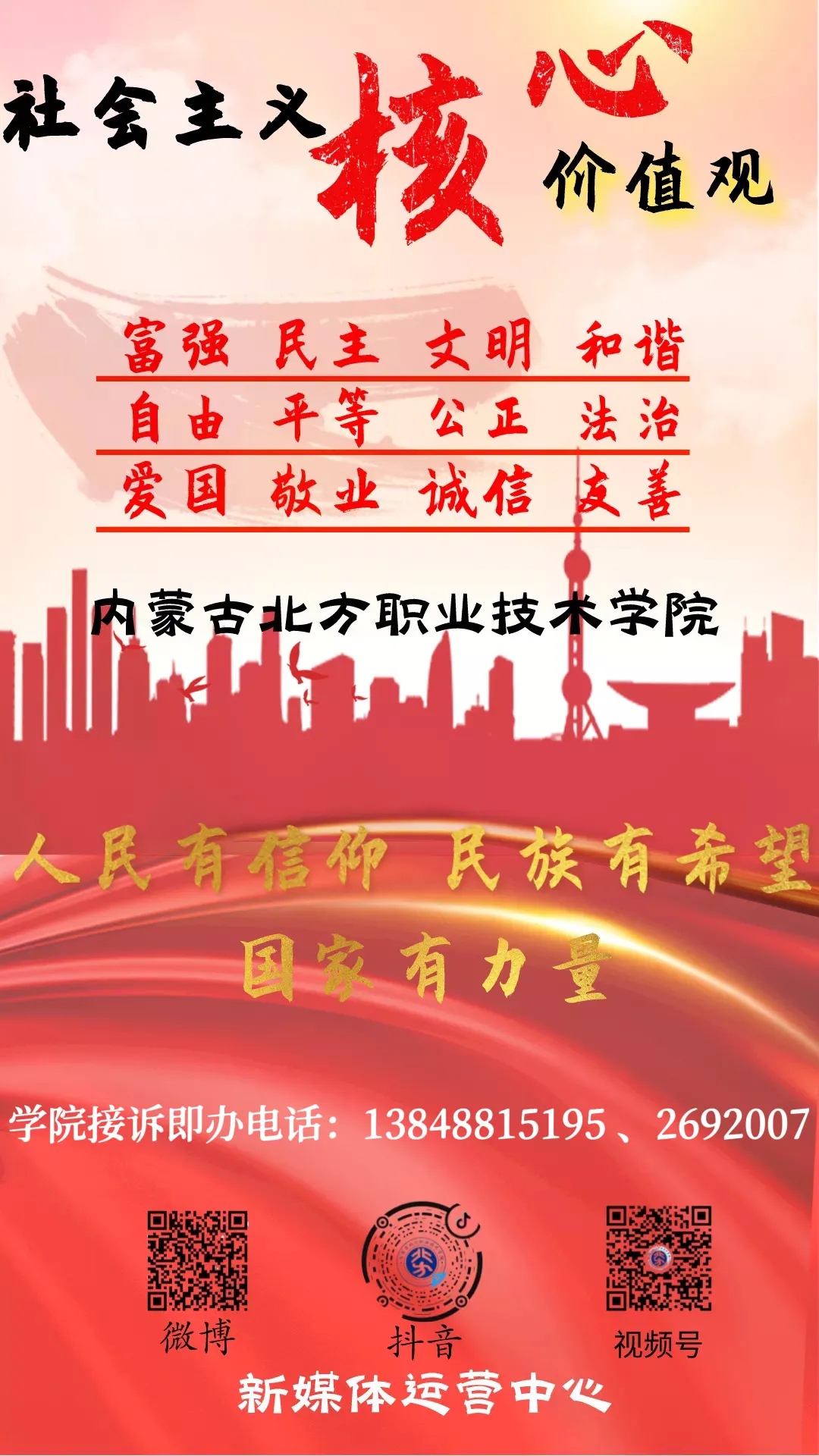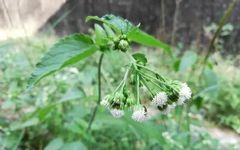
This product is the dried rhizome of the Asteraceae plant, either Cang Zhu (Atractylodes lancea) or Bei Cang Zhu (Atractylodes macrocephala). The former is mainly produced in Jiangsu, Hubei, and Henan provinces, with the highest quality coming from the Maoshan area in Jiangsu, hence the name “Ma Cang Zhu” (local medicinal material); the latter is mainly produced in Inner Mongolia, Shanxi, and Liaoning provinces. It is harvested in spring and autumn, cleaned of soil, dried, and the fibrous roots are removed. It can be used raw or stir-fried.
[Prescription Name] Cang Zhu, Ma Cang Zhu, Fu Chao Cang Zhu
[Properties] Pungent, bitter, warm. Enters the Spleen, Stomach, and Liver meridians.
[Functions] Dries dampness, strengthens the Spleen, dispels wind, scatters cold, and improves vision.
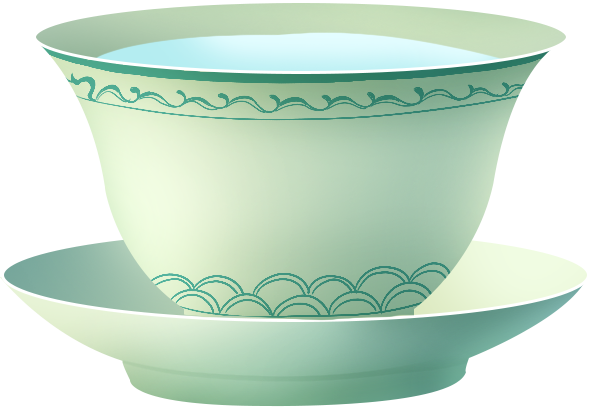
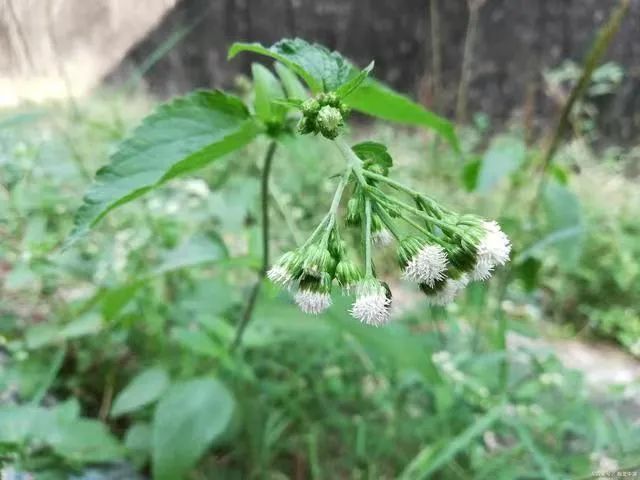
[Clinical Applications]
1.For Dampness Obstructing the Middle Jiao Syndrome This herb is aromatic and pungent, with a strong ability to dry dampness and strengthen the Spleen. It is particularly suitable for symptoms of cold damp obstructing the Middle Jiao, such as abdominal distension, nausea, reduced appetite, vomiting, diarrhea, fatigue, and a white greasy tongue coating. It is often combined with Hou Po (Magnolia Bark) and Chen Pi (Dried Tangerine Peel), as in Ping Wei San (Calm the Stomach Powder): used for phlegm-dampness, edema, and other conditions of Spleen dampness excess, often combined with Fu Ling (Poria), Zhu Ling (Polyporus), and Ze Xie (Alisma) for diuretic and damp-draining effects, as in Wei Ling Tang (Stomach and Spleen Decoction).
2.For Wind-Damp Bi Pain This herb both internally dries Spleen dampness and externally dispels wind-dampness. It is especially effective for treating damp bi with symptoms of numbness, heaviness, and pain in the limbs, often combined with Du Huo (Angelica Pubescens) and Qin Jiao (Gentiana Macrophylla); for damp-heat bi pain, it is often used with Shi Gao (Gypsum) and Zhi Mu (Anemarrhena) as in Bai Hu Jia Cang Zhu Tang (White Tiger Decoction with Atractylodes); for damp-heat descending causing weakness, leukorrhea, eczema, and damp sores, it is often combined with Huang Bai (Phellodendron) as in Er Miao San (Two Marvels Powder).
3.For Exterior Wind-Cold-Damp Syndrome This herb can induce sweating and release the exterior, treating exterior wind-cold with dampness symptoms such as chills, fever, body aches, and no sweating, often combined with Qiang Huo (Notopterygium) and Bai Zhi (Angelica Dahurica), as in Shen Shu San (Divine Release Powder).
Additionally, it can improve vision, treating night blindness and blurred vision (such as corneal softening), which can be used alone or cooked with lamb liver or pig liver.

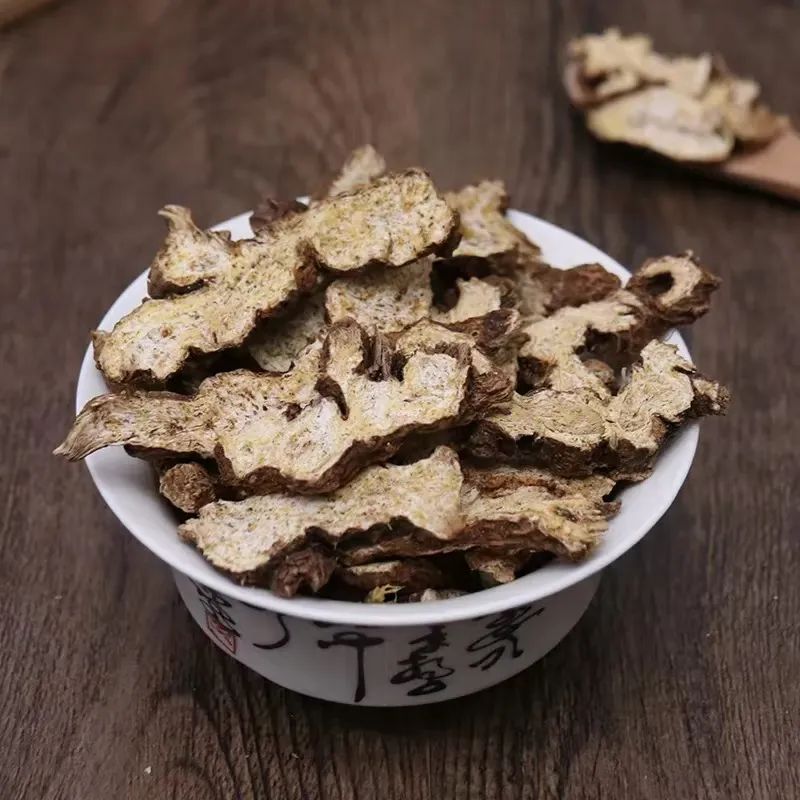
[Dosage] Decoction, 3-9g.
[Herbal Application] Raw Cang Zhu is pungent and strong, good for dispelling dampness and inducing sweating; Fu Chao Cang Zhu has a milder pungent nature, good for drying dampness and strengthening the Spleen; Mi Gan Zhi Cang Zhu (rice wash processed Atractylodes) has a milder pungent nature, enhancing the Spleen and Stomach harmonizing effects.
[Cautions] Contraindicated in cases of Yin deficiency with internal heat and Qi deficiency with excessive sweating.
[Related Formulations] Cang Zhu Wan (Atractylodes Pill)
Source: “Sheng Ji Zong Lu” Volume 41
Function: Warms the kidneys, disperses cold, and astringes the intestines to stop dysentery.
Composition: Cang Zhu, Jiang Hou Po (Ginger and Magnolia Bark), Huang Lian (Coptis), Bei Dang Gui (Angelica Sinensis) each 45g, Long Gu (Dragon Bone) 30g, Chao Ai Ye (Fried Mugwort) 0.9g, Chao He Zi (Fried Myrobalan) 45g, Chao Wu Zhu Yu (Fried Evodia) 330g, Pao Jiang (Fried Ginger) 45g, Pao Fu Zi (Fried Aconite) 30g.
Dosage: 6g per dose, 3 times a day, taken with ginger soup before meals.
Main Indication: Qi dysentery with weakness, unresponsive to other treatments.

Image source: Internet
Source: “Chinese Herbal Medicine” (5th Edition)
● Instructor: Teacher Lu
● Chief Editors: Wang Kaibu, Yan Xilin
● Design: Qu Yuan (Intern)
● Proofreading: Wu Xiaoling, Zhang Qianya (Intern)
● Statement: Please indicate the source from Beifang New Media WeChat when reprinting.
● Inner Mongolia Beifang Vocational and Technical College Party Committee Publicity New Media
● College complaint handling phone: 13848815195, 2692007
● College website: www.nmbfxy.com
● Copyright statement: This public account reprints articles from other public accounts, and the copyright belongs to the original author. If there is any infringement, please contact us for deletion. Thank you!
